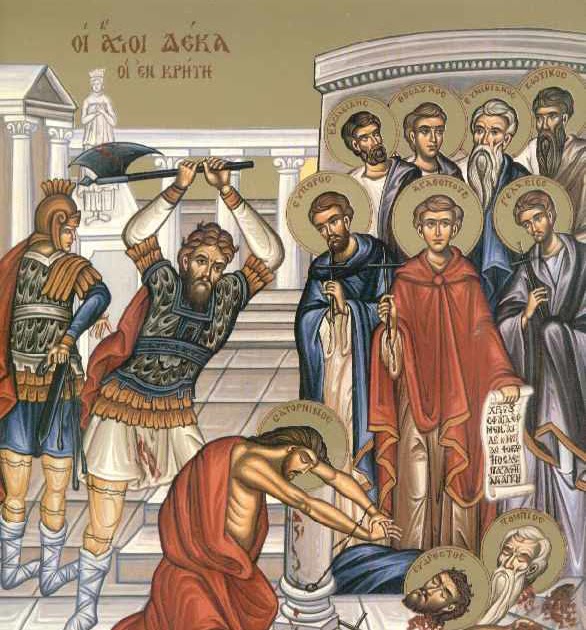An early Christian sect advocating purity and refusing forgiveness to those who lapsed in faith.
Religion: Christianity
Denomination: Early Church
Founder: Novatian
Founded: 3rd century CE
Location: Rome, Italy
Other Names: Novatianist Church
Novatianism emerged in the mid-3rd century as a significant Christian sect, named after its founder Novatian, who became known as an antipope in opposition to Pope Cornelius. The crux of the controversy centered on the treatment of lapsi—Christians who had renounced their faith under persecution—sparking a schism within the early Church over issues of repentance, forgiveness, and church authority.
Novatian, a respected Roman priest and theologian, opposed the leniency of Pope Cornelius towards lapsi, advocating instead that those who had denied their faith under duress could not be readmitted to communion within the Church. Novatian’s strict stance on this matter led to his self-appointment as bishop of Rome, effectively declaring himself an antipope in a direct challenge to Cornelius’s authority. His followers, who preferred to be called katharoi or “the pure ones,” adhered to a rigorous interpretation of Christian doctrine, particularly emphasizing chastity, the rejection of second marriages, and a life of penance for serious sins without the possibility of Eucharistic forgiveness.
Despite Novatianism’s initial appeal, which allowed it to establish congregations across the Roman Empire, the sect was eventually condemned as heretical. The early Church Fathers, including Cyprian of Carthage and Dionysius of Alexandria, were instrumental in this condemnation, criticizing Novatian’s views as excessively harsh and divisive. The controversy notably contributed to the strengthening of the Roman bishopric’s authority, with the bishop of Rome gradually being recognized as the pope, holding the keys to “binding and loosing” as derived from the authority of Saint Peter and Jesus.
Novatian’s writings, although largely suppressed or lost due to the sect’s heretical status, reveal that he was committed to an ascetic and puritanical vision of Christianity. His works, such as “De Trinitate,” underscored his orthodox views on the nature of God, while others critiqued Roman societal practices and emphasized moral purity. The Novatianist church, despite its eventual decline and disappearance by the 8th century, left a lasting impact on the development of Christian doctrine and ecclesiastical structure, particularly in its insistence on the moral integrity of the church and its members.
The sect faced various levels of tolerance and persecution over the centuries, with some Roman emperors, like Constantine the Great, initially treating the Novatianists with a degree of leniency. However, as orthodoxy became more firmly established, Novatianism’s influence waned, and its practices and communities were gradually absorbed or eradicated by the mainstream Church.
image via Daily Medieval




